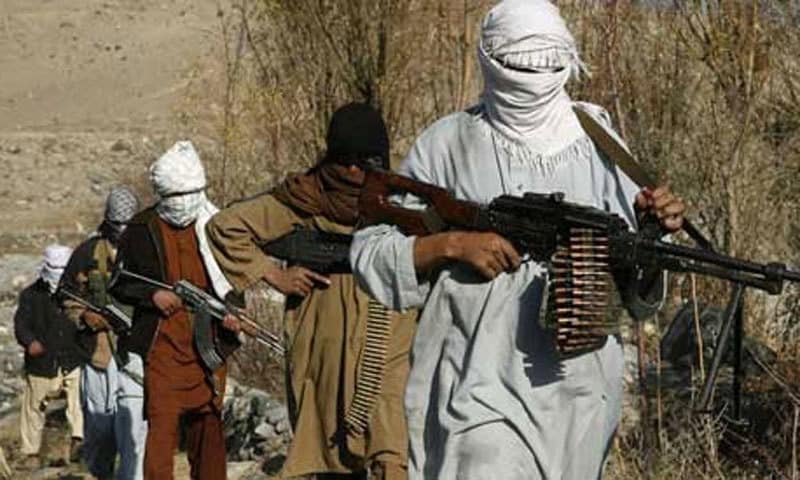
Taliban kill 47 policemen in northern Afghan province
Takhar province’s deputy chief of police is among 47 security personnel killed overnight in the restive northern province. Taliban attacks persist throughout the country.

Takhar province’s deputy chief of police is among 47 security personnel killed overnight in the restive northern province. Taliban attacks persist throughout the country.
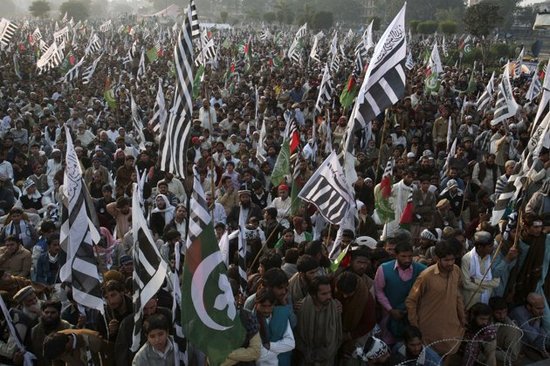
Pakistan remains a “safe haven” for a host of regional terror groups, including the Afghan Taliban and its integral subgroup, the Al Qaeda linked Haqqani Network, according the the State Department’s newly released Country Reports on Terrorism 2019.

Pakistan continues to play its double game by supporting terror groups. Thousands of Pakistanis, including fighters from the Pakistan state-sponsored Lashkar-e-Taiba and Jaish-e-Mohammed, as well as the Movement of the Taliban in Pakistan, continue to support the Taliban’s jihad against the Afghan government.
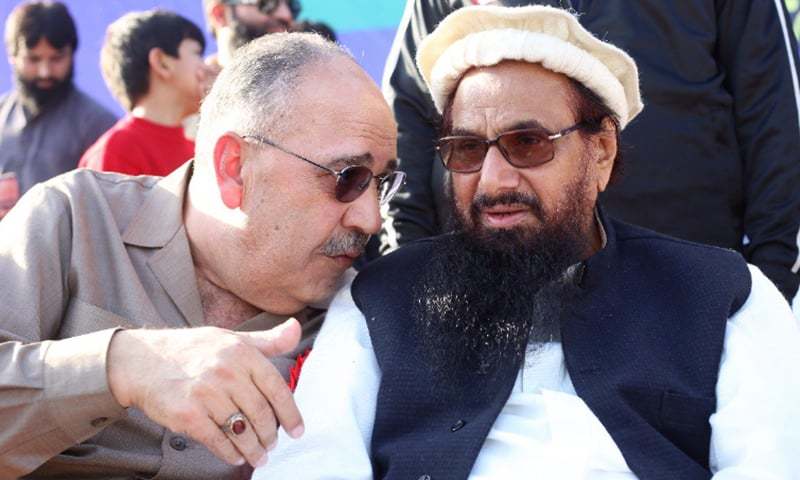
Pakistan is a state where those who push the bounds of what is acceptable to the military and Inter-Services Intelligence Directorate, including jihadists, politicians, journalists, and activists, end up missing or are found murdered. Pakistan has weathered nearly two decades of international condemnation over Saeed and Lashkar-e-Taiba, yet he and his terrorist entities have not only survived, but thrived.
If history is any guide, Laskahr-e-Taiba leader Hafiz Saeed and his cadre will dodge the charges and continue to provide support to a wide range of terrorist groups, including al Qaeda and the Afghan Taliban.
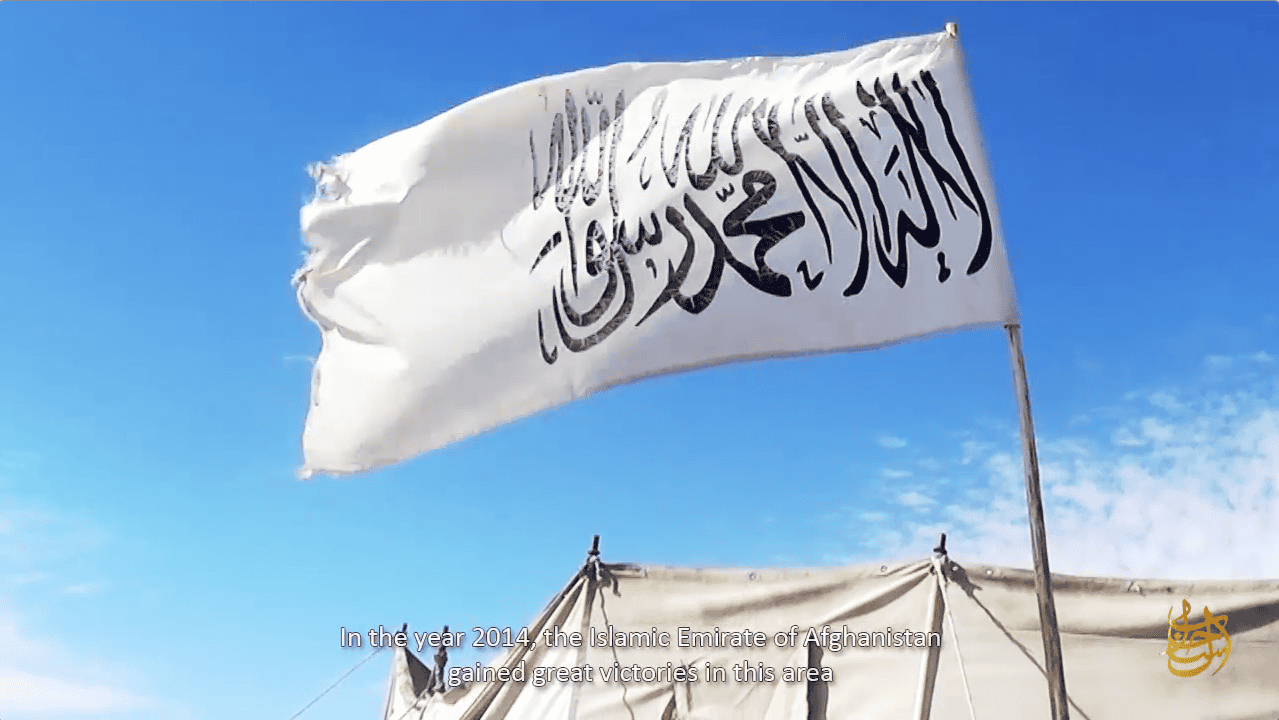
According to a recently released report by a UN Security Council monitoring team, the Taliban is the “primary partner for all foreign terrorist groups operating in Afghanistan,” including al Qaeda. The only exception is the Islamic State, which opposes the Taliban.
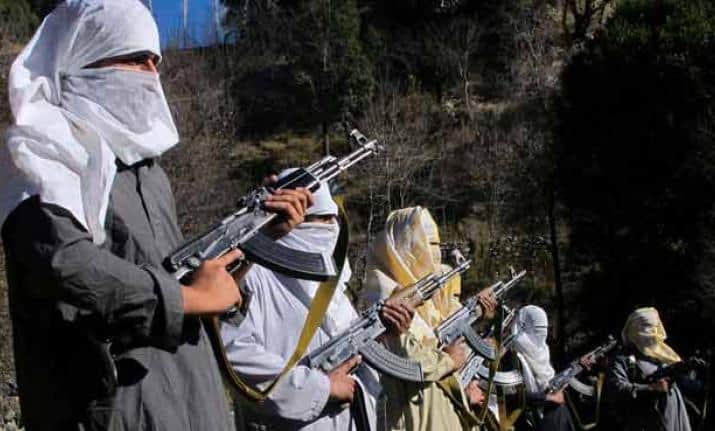
An 18-year-old man from North Texas has pleaded guilty to charges that he conspired to actively recruit for the Pakistani-backed terror outfit Lashkar-e-Taiba (LeT), according to a release from the Department of Justice last week.
If the past is any guide, the efforts are merely eyewash to placate Western governments in the wake of major terror attacks emanating from Pakistani soil. Pakistan has claimed it has shut down JuD offices and detained its top leaders in the past, only to allow the offices to reopen and the leaders free months later.

Khan’s claim that “our [Pakistani] soil is not used for carrying out terrorist attacks in other countries” is remarkably similar, if not identical to the Afghan Taliban’s false assurances that it won’t allow its territory to be used by terror groups.
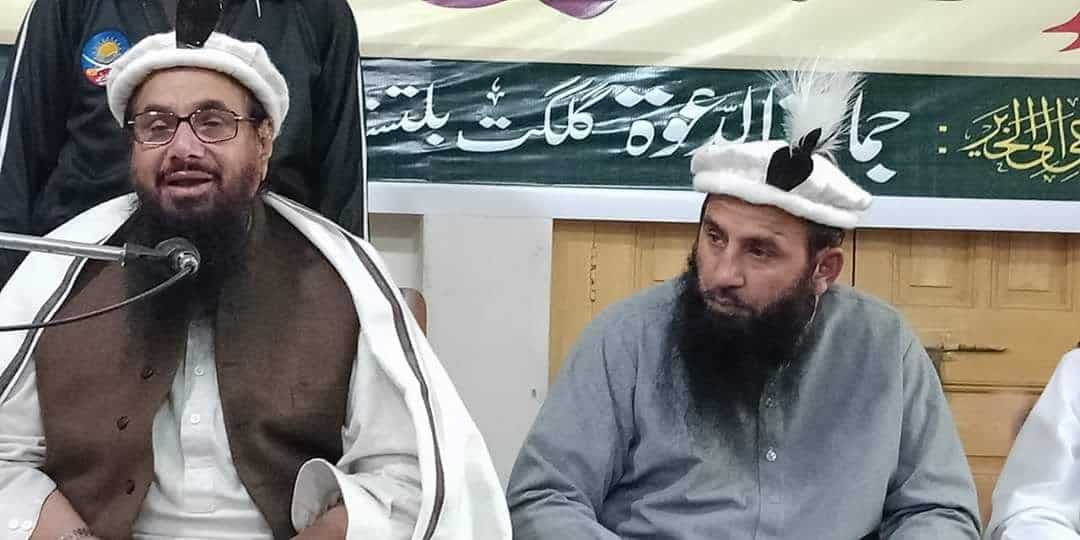
The US Treasury and State Departments designated three members of Lashkar-e-Tayyiba as terrorists today. One of them was captured in Iraq in 2004 and held for a decade before he was transferred to Pakistan and released. Another has raised funds to send to Syria.
The designations are the latest in a series of moves by the Trump administration to pressure Pakistan to tackle terrorist groups that openly operate inside the country with the approval and support of both the military and government.
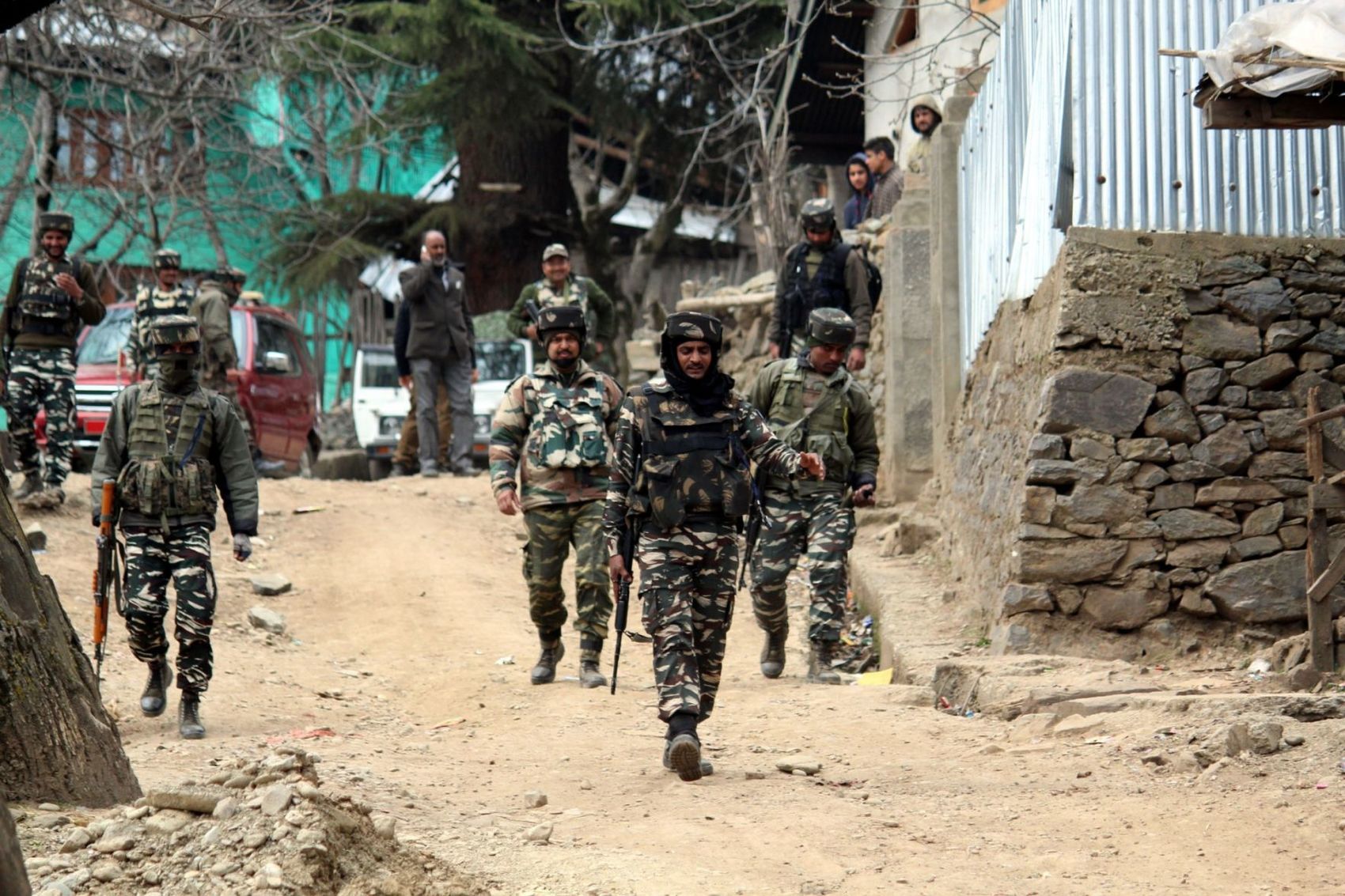
Pakistan continues to fuel the terrorist insurgency inside Jammu and Kashmir by backing Lashkar-e-Taiba and other proxies.

General Bajwa and Pakistani officials can pontificate all they like about how their country has eliminated terrorism and no longer permit terrorists to use its soil to attack another country. A look at the facts tells another story, and that is one of Pakistani duplicity.

If Trump is serious about hitting back at Pakistan, expect the US to ramp up drone strikes against jihadists, and not just in Pakistan’s tribal areas.
“Pakistan’s resolve, actions and successes in the fight against terrorism, terrorist violence and terrorists is unmatched in the world,” the Ministry of Foreign Affairs said the day after Lashkar-e-Taiba leader Hafiz Saeed was freed from house arrest.
Pakistani Foreign Minister Khawaja Asif accused the United States of creating jihadist groups such as the Haqqani Network and Lashkar-e-Taiba, and supporting them to this day.
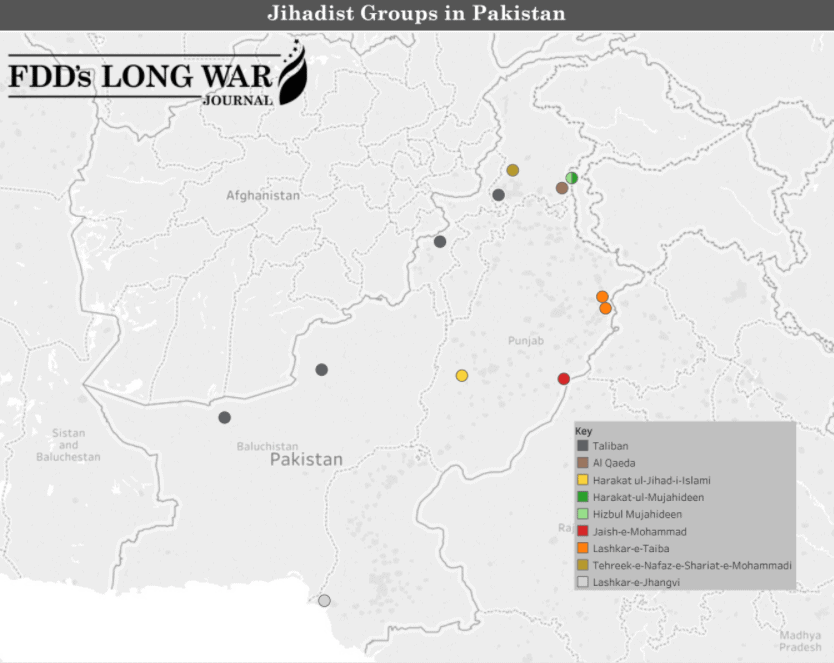
The blow comes just two weeks after President Trump called out Pakistan for providing “safe haven” for terrorist groups operating in the region and advocated for closer ties with India.

For decades the country has permitted a number of jihadist groups to openly operate under its aegis. A map highlights the more prominent groups openly operating inside Pakistan.

Pakistan’s denial of harboring terrorist groups that conduct attacks outside of its borders falls flat on its face when looking at Lashkar-e-Taiba, which not only supports al Qaeda and the Taliban, but has executed numerous attacks inside of Pakistan’s neighbor and enemy, India, as well as in Afghanistan.
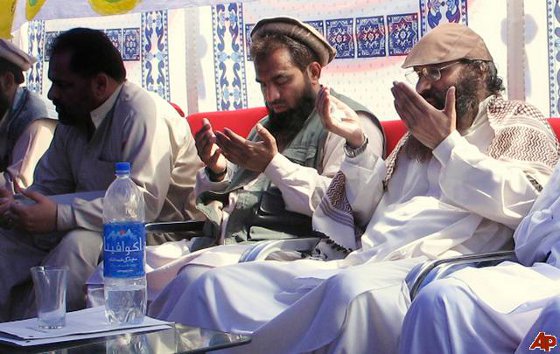
The brief designation omitted Hizbul Mujahideen’s support for al Qaeda in the past, as well as its relations with other jihadist groups in Pakistan, Afghanistan, and India, such as Lashkar-e-Taiba. Hizbul Mujahideen’s emir was officially listed as a global terrorist in June 2017.
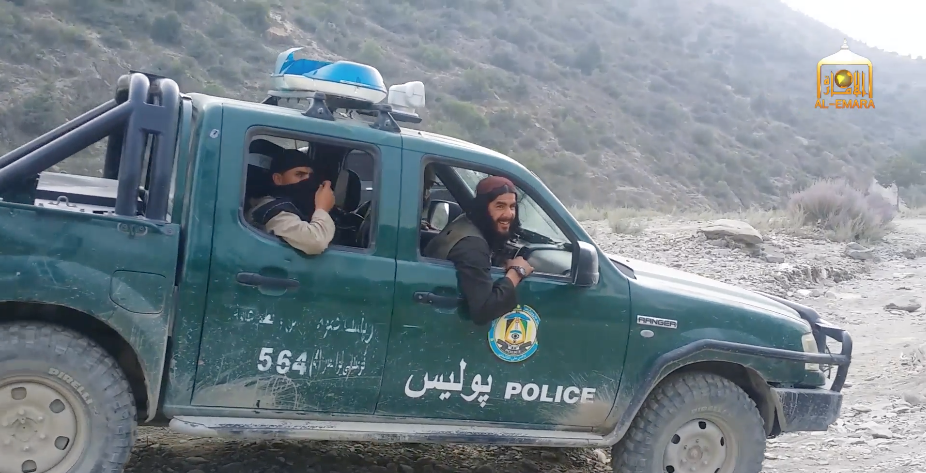
Jani Khel in Paktia province has changed hands three times over the past two weeks. The loss of Jani Khel to the Taliban demonstrates the difficulties Afghan forces face in holding onto remote contested districts.

While denouncing the designation of Syed Salahuddin, the Ministry of Foreign Affairs claimed that “Pakistan has a demonstrated and longstanding commitment of combating terrorism in all its forms and manifestations.”
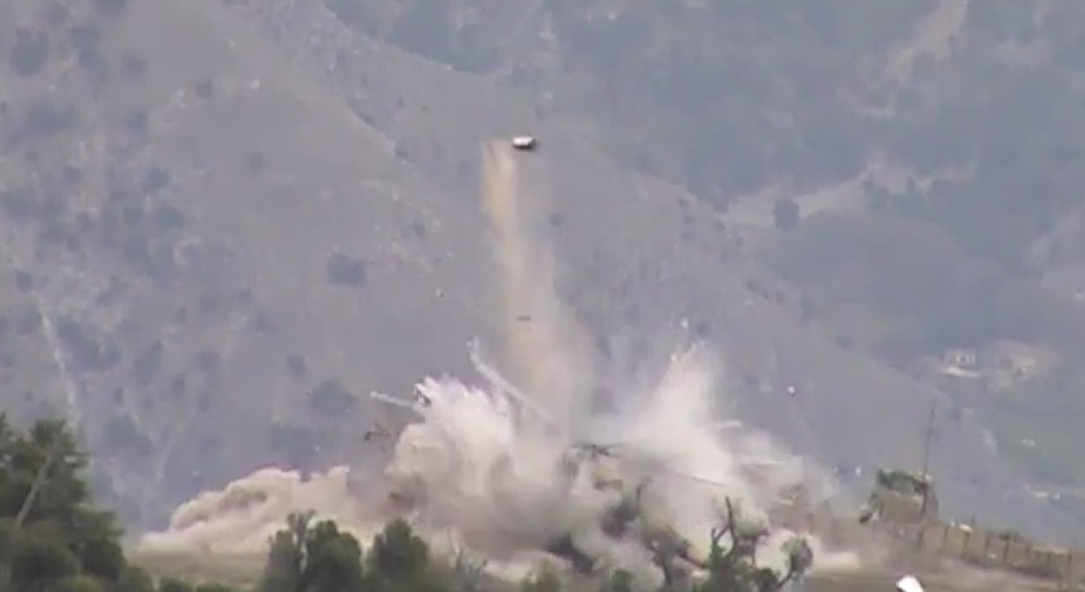
Seven years after the US withdrawal from Kunar, the Taliban and allied jihadist groups continue to wield significant influence in the province.

Jamaat ul Dawa al Quran is an excellent example of the complex and evolving network of jihadist groups that operate in the Afghanistan-Pakistan region. The three designated leaders have been tied to al Qaeda, the Taliban, Lashkar-e-Taiba, and the Islamic State.

Bill Roggio testifies before the House Committee on Foreign Affairs Subcommittee on Terrorism, Nonproliferation, and Trade on terrorist groups in Afghanistan and the threat posed to the United States and its allies.
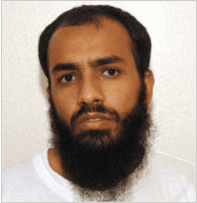
The Pentagon announced today that a former Guantanamo detainee, Yasir al Silmi, was killed in a bombing on Mar. 2 in Yemen. Joint Task Force Guantanamo identified al Silmi, also known as Muhammad Yasir Ahmed Taher, as a “high” risk and warned that he would “engage in extremist activities upon release.” He was transferred to Yemen on Dec. 19, 2009.
Hafiz Saeed, who runs a state within the Pakistani state that is akin to Lebanese Hezbollah, has been placed in protective custody in the past, only to be freed.
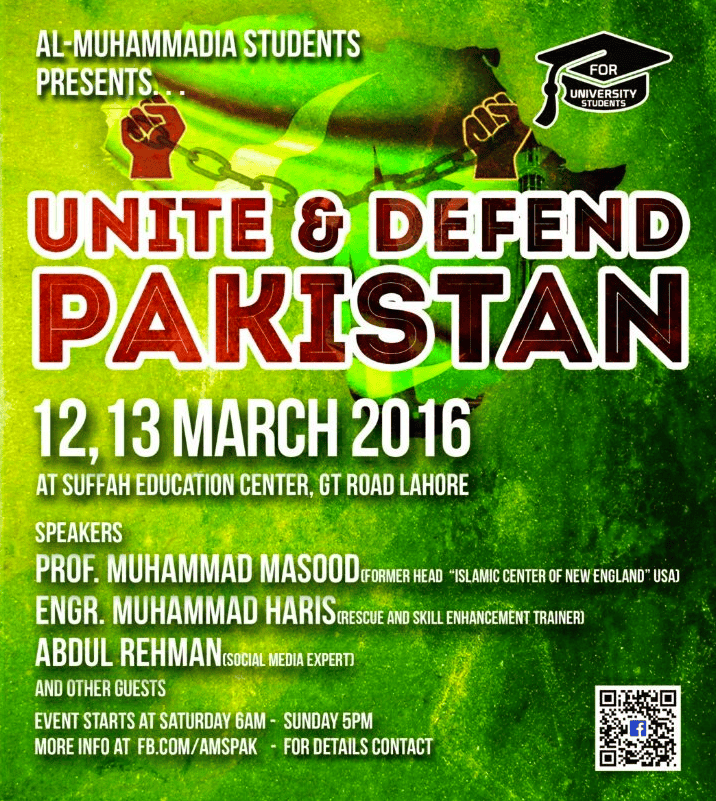
The designations of Al-Muhammadia Students and LeT leaders Muhammad Sarwar and Shahid Mahmood highlight LeT’s role in international terrorism and its adeptness in using front organizations to skirt international sanctions.

Bill Roggio testifies before the House Committee on Foreign Affairs Subcommittee on Terrorism, Nonproliferation, and Trade, as well as the Subcommittee on Asia and the Pacific. The hearing is titled, “Pakistan: Friend or Foe in the Fight Against Terrorism?”
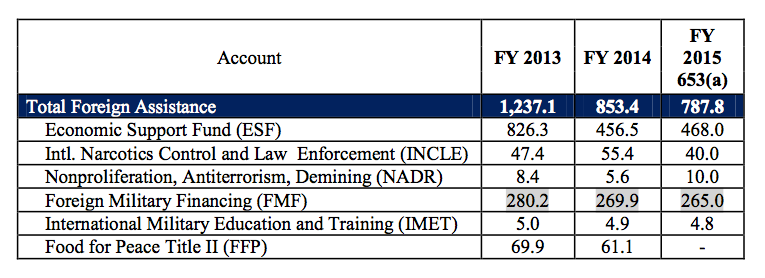
The US government continues to provide nearly $800 million in financial aid despite Pakistan’s historical and continuing support for jihadist groups that are actively fighting US troops in Afghanistan and plotting terrorist attacks across the globe.